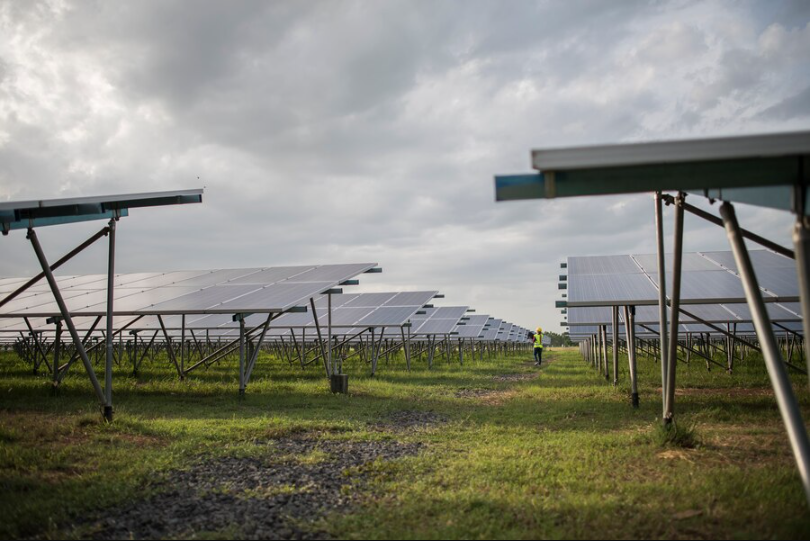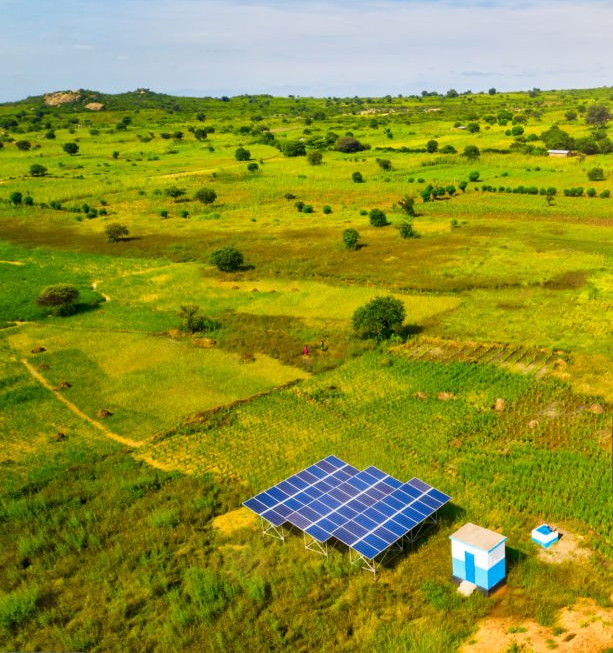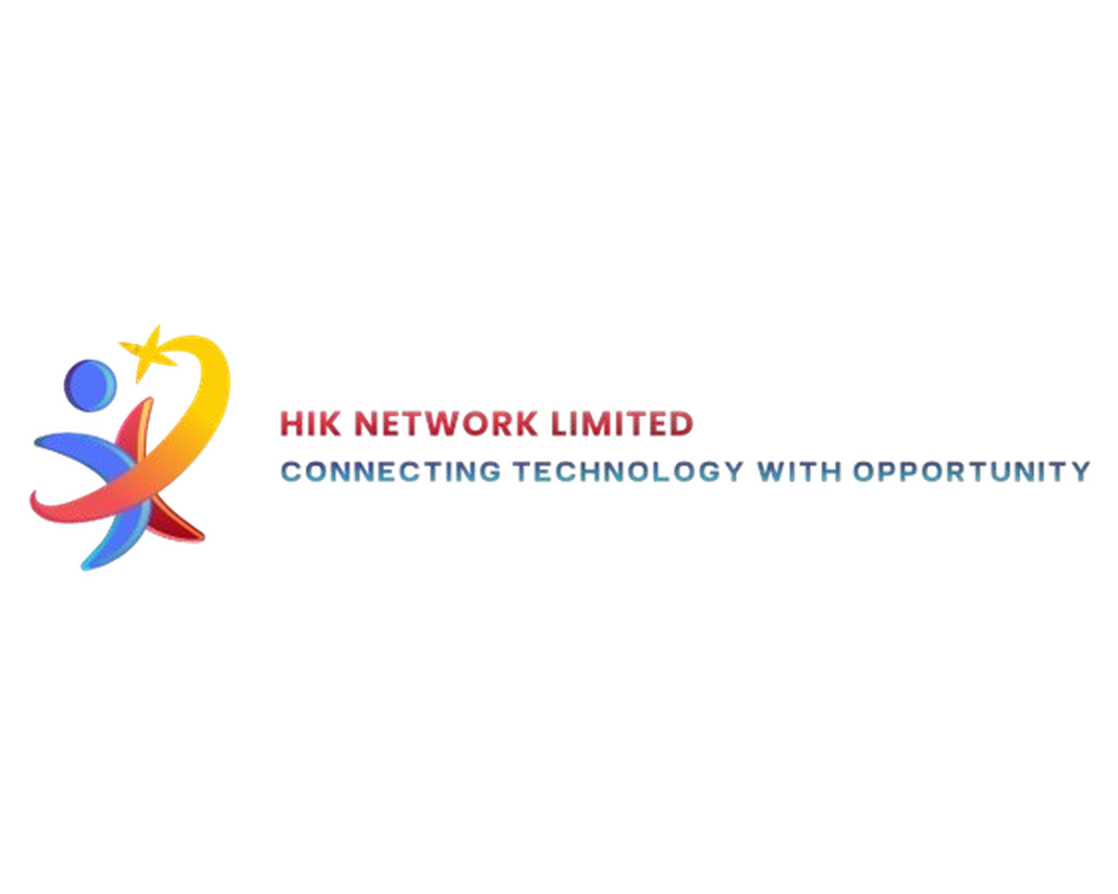Small and Medium Enterprises (SMEs) are the backbone of Africa’s economy, driving innovation and providing employment opportunities. However, many SMEs face challenges due to unreliable energy sources, leading to increased operational costs and limited growth potential.
Small and Medium Enterprises (SMEs) play a critical role in Africa’s economic development, contributing significantly to employment, innovation, and GDP growth. However, one of the biggest hurdles SMEs face is access to reliable and affordable energy.

Challenges faced by African SMEs include :
1. Unstable Power Supply Leading to Frequent Downtimes.
African countries frequently experience power outages due to inadequate infrastructure and high demand, causing productivity losses, particularly for SMEs relying on machinery, refrigeration, and digital operations. Expensive backup solutions like diesel generators increase operational costs
2. High Costs Associated with Traditional Energy Sources.
High electricity costs in many countries burden small businesses financially, especially those relying on diesel or petrol generators. Rising fuel costs further strain profitability, making it difficult for SMEs to reinvest in business growth, as energy costs account for a significant portion of their total expenses.
3. Limited Access to Modern Energy Infrastructure in Remote Areas.
Rural and semi-urban SMEs face challenges in accessing the national grid due to high costs of extending connections, limiting job creation and economic development, and affecting their ability to scale operations.
Benefits of Renewable Energy Integration
Switching to renewable energy offers significant advantages for SMEs, providing cost-effective and sustainable energy solutions that drive business growth.


Cost Savings: Solar energy and other renewables significantly reduce electricity expenses by reducing dependence on grid power and fuel-powered generators. Solar systems have minimal operational costs, leading to long-term financial savings, and government incentives and tax benefits further reduce costs for SMEs.
Reliability: Renewable energy solutions like solar and hybrid systems offer reliable power, reducing downtime. Off-grid solar systems provide uninterrupted energy for remote businesses, while energy storage solutions like batteries enable SMEs to operate even without sunlight.
Sustainability: Renewable energy reduces carbon footprints, aligns businesses with global sustainability goals, and enhances brand reputation. Eco-friendly practices attract consumers and investors, leading to increased partnerships with green energy businesses by corporate clients and funding institutions.
HIK Network’s Initiatives:
HIK Network Ltd is at the forefront of solving energy challenges for African SMEs through innovative solutions that promote sustainability, affordability, and efficiency.
- Providing tailored renewable energy solutions for SMEs
- Offering flexible financing options to make clean energy accessible





